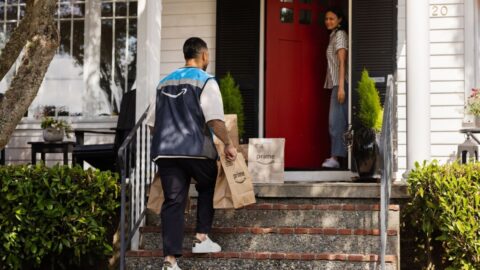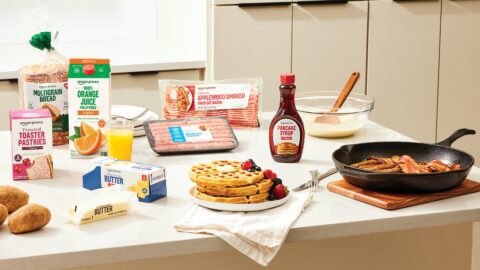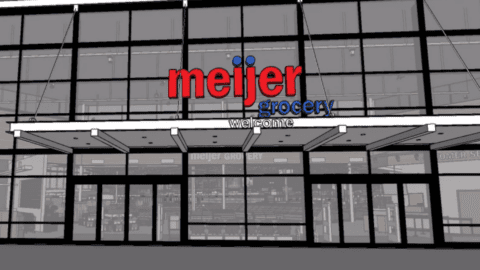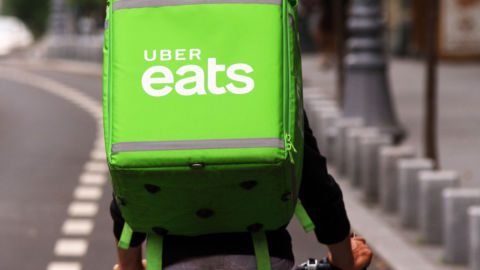Blackwells Capital LLC has nominated six candidates to the Supervalu board of directors, which has a total of nine seats. The activist investor, which holds a 4.9% interest in Supervalu, is pursuing multiple avenues to generate value for shareholders, including the potential sale of either the wholesale or retail business. Board members will be elected at the company’s annual meeting, which has not yet been scheduled.
The investment firm began pressing Supervalu in October 2017 to shed stores and bring in new leadership, according to the Wall Street Journal. Blackwells also has tried to persuade the company to break itself up and explore a sale.
Several of the board nominees have backgrounds in food, including Richard Anicetti, former CEO at The Fresh Market and Food Lion; Robert Kreidler, former CFO and EVP at Sysco Corp. and EVP, CFO and Chief Customer Officer at C&S Wholesale Grocers; Frank Lazaran, former CEO and President at Marsh Supermarkets and Winn-Dixie; and Sandra Taylor, former SVP of Corporate Social Responsibility at Starbucks.
However, these candidates are unlikely to reinforce the status quo, according to Ryan Matthews, Founder and CEO at Black Monk Consulting. They are being nominated on Blackwell’s behalf, and the investor’s interests don’t necessarily align with the retailer’s plans.
“Supervalu is looking for a way to position itself as a 21st century business, as opposed to a 20th century business,” said Matthews in an interview with Retail TouchPoints. “Blackwell is looking at it as a liquidity event. Supervalu’s not going to have the same option range because it’s going to want to have cash to invest and innovate.”
Supervalu already is pursuing divestments on the retail side, selling 21 of its 38 Farm Fresh Food & Pharmacy stores for $43 million, according to The Wall Street Journal. However, Jason Aintabi, managing partner at Blackwells, said it was “unfortunate that it took substantial pressure from shareholders to motivate the company to act on this vital strategic imperative.”
The chance of Supervalu finding a buyer for the entirety of either its wholesale or retail businesses is low, according to Matthews. Large players such as Amazon may find it cheaper to build their own warehouses with state-of-the-art technology rather than purchase aging assets that may not be in optimal locations. A wholesale grocery company may be interested in some of the buildings, but not the entire unit.
“It’s not like Supervalu has a history of operating brilliantly profitable retail stores,” said Matthews. “They added them to hold the volume. If you take away the stores, what’s the strategy then? You’re a smaller pure-play wholesaler — that’s when someone like C&S would come in and carve up the skeleton.”
Selling stores would create a cash infusion for Supervalu, but also shrink the wholesaler’s customer base. The locations have value as real estate, but they’re not guaranteed to remain Supervalu customers (or even to stay grocery stores). However, an asset sale may be Blackwell’s best chance to recover what value it can from the assets.












